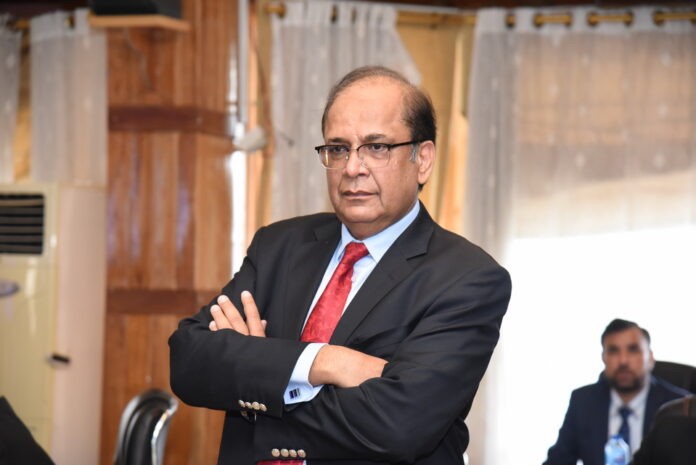ISLAMABAD: Pakistan and Azerbaijan are set to sign a Memorandum of Understanding (MoU) aimed at enhancing bilateral cooperation in combating corruption, according to Deputy Chairman of the National Accountability Bureau (NAB) Sohail Nasir.
Speaking at the 6th plenary meeting of the Global Operational Network of Anti-Corruption Law Enforcement Authorities, organized by the United Nations Office on Drugs and Crime in Baku, Nasir underscored the importance of international cooperation in tackling corruption.
According to a press release, Nasir said both countries are prepared to finalize the agreement, which will facilitate closer collaboration and information sharing. “We must work shoulder to shoulder to effectively address corruption,” he stated.
The proposed MoU includes provisions for joint initiatives such as seminars, training programs, capacity building, and knowledge sharing between Pakistan and Azerbaijan. Nasir emphasized that cooperation on issues like money laundering could yield significant results.
The agreement is expected to support mutual efforts to promote transparency and accountability across both jurisdictions. He also noted that both countries could benefit from exchanging best practices and organizing joint training sessions.
Nasir thanked Azerbaijan for hosting the event and expressed Pakistan’s readiness to extend all forms of support to strengthen bilateral anti-corruption efforts.




